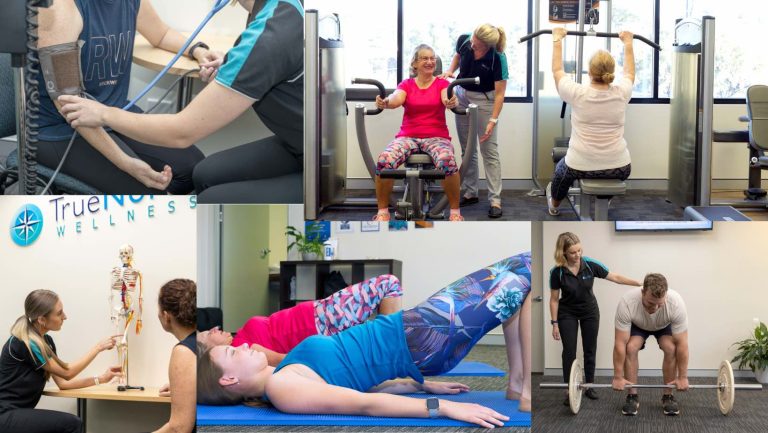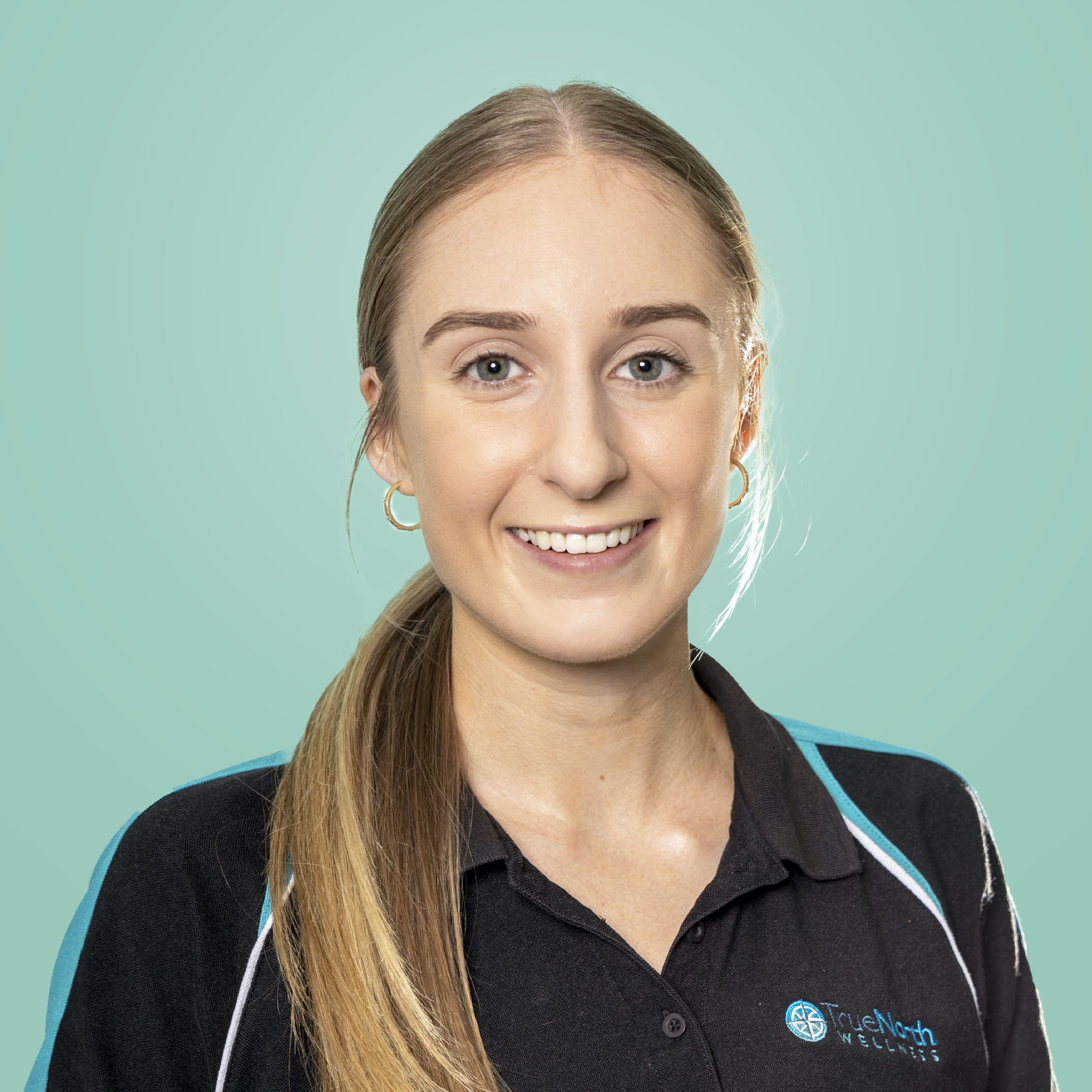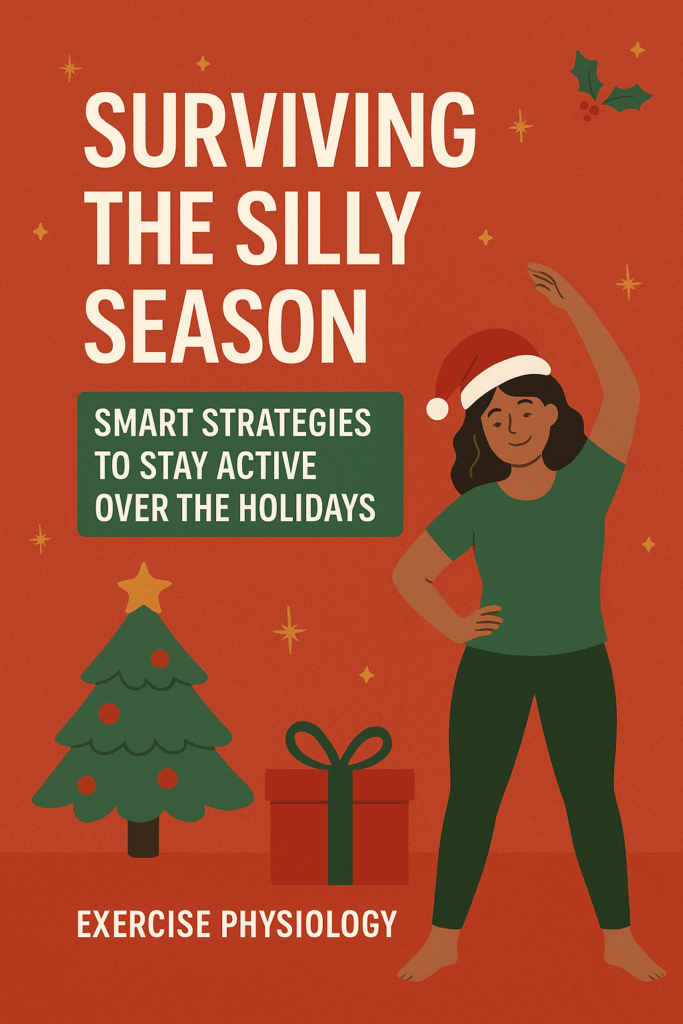
Exercise Physiology
Exercise can be one of the most important strategies you use to improve your health. But getting back into exercise after an illness or injury can be challenging.
Our exercise professionals have the experience and knowledge to design a program for you to start slowly and progress as you improve. They can assess your condition and prescribe an exercise program that is safe, effective and achievable. They work closely with your other health providers to coordinate your care. Our exercise clinic is not a gym, but a non-intimidating environment that you can feel comfortable in no matter what stage you are on your health journey. We can also help you get started with a home program if you want to exercise in your own surroundings.
Chronic Disease Management Plans can be set with with your doctor if you are eligible and you may receive medicare rebates for up to five consultations a year. We are also NDIS registered and provide services through the Department of Veterans' Affairs and Workcover. You may also be eligible for a rebate through your private health company.
Our Exercise Physiologists can continue your care either one on one or in small group sessions. All exercise sessions are supervised by one of our Accredited Exercise Physiologists to ensure you are getting the most out of each session.
What is an Accredited Exercise Physiologist?
Our Accredited Exercise Physiologists are University Trained Allied Health Professionals that have the knowledge and expertise to design and deliver safe and effective exercise interventions for for people with acute, sub-acute or chronic medical conditions, injuries or disabilities. We work with a variety of individuals from young children right through to older adults across a spectrum of clinical populations.
Exercise Physiologists work with many conditions including but not limited to:
- Cardiovascular
- Metabolic (diabetes type 1, 2 & gestational, PCOS)
- Neurological (cerebral palsy, dementia, Parkinson's, Multiple Sclerosis)
- Musculoskeletal
- Cancers
- Kidney
- Respiratory/pulmonary (asthma, COPD, emphysema, cystic fibrosis etc.)
- Mental health
- Invisible illnesses (fibromyalgia, chronic fatigue, long COVID etc.)
- Any other conditions for which there is evidence that exercise can help!
Our Exercise Physiologists
Vicky Graham
B.H.M.S. (ED), B.Bus, MCEP. ESSAM. AEP

As an Accredited Exercise Physiologist, she has the depth of knowledge required to work with specialist medical conditions to ensure you develop a coordinated approach with your health team.
To book Vicky please call the clinic.
Tamika Hassum
B.H.M.S. (ED), B.Bus, MCEP. ESSAM. AEP

Tamika is an experienced Accredited Exercise Physiologist working with a wide variety of chronic conditions, with a special interest in oncology (cancer), pelvic health and women’s health conditions (such as PCOS and endometriosis).
Her health coaching approach takes into account all pillars of health to support individuals in getting the most out of life. Tamika believes in exercise as medicine and empowering others to reach their potential.
Hannah Bain
B.H.M.S. (ED), B.Bus, MCEP. ESSAM. AEP

Hannah is an accredited exercise physiologist who is passionate about treating and helping her clients manage a wide range of clinical conditions. She has a special interest in chronic disease management, running biomechanics and injury prevention, and in pediatric care.
She believes in providing evidence-based exercise prescription and in treating clients holistically to ensure the best support and long-term exercise maintenance.





